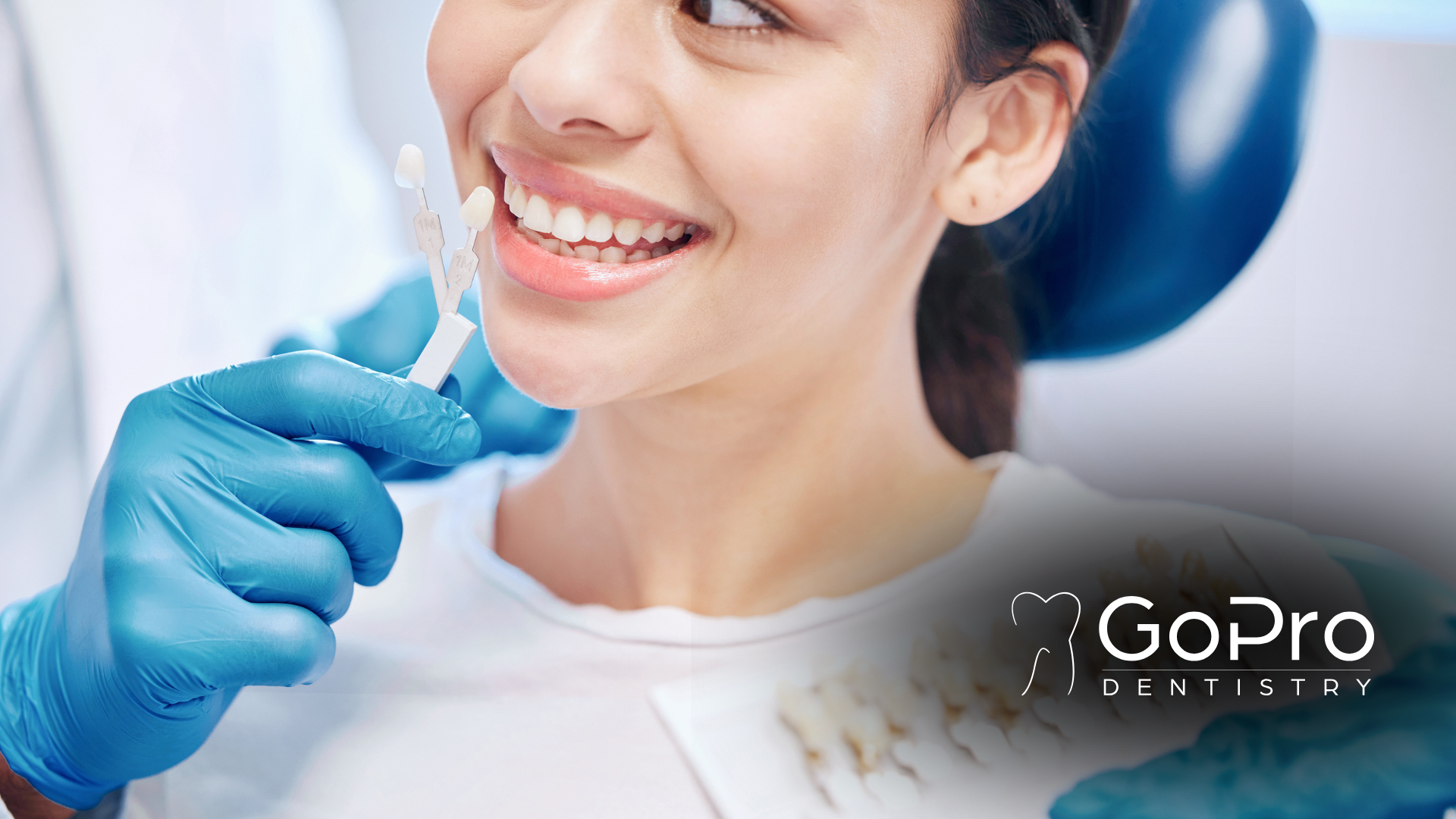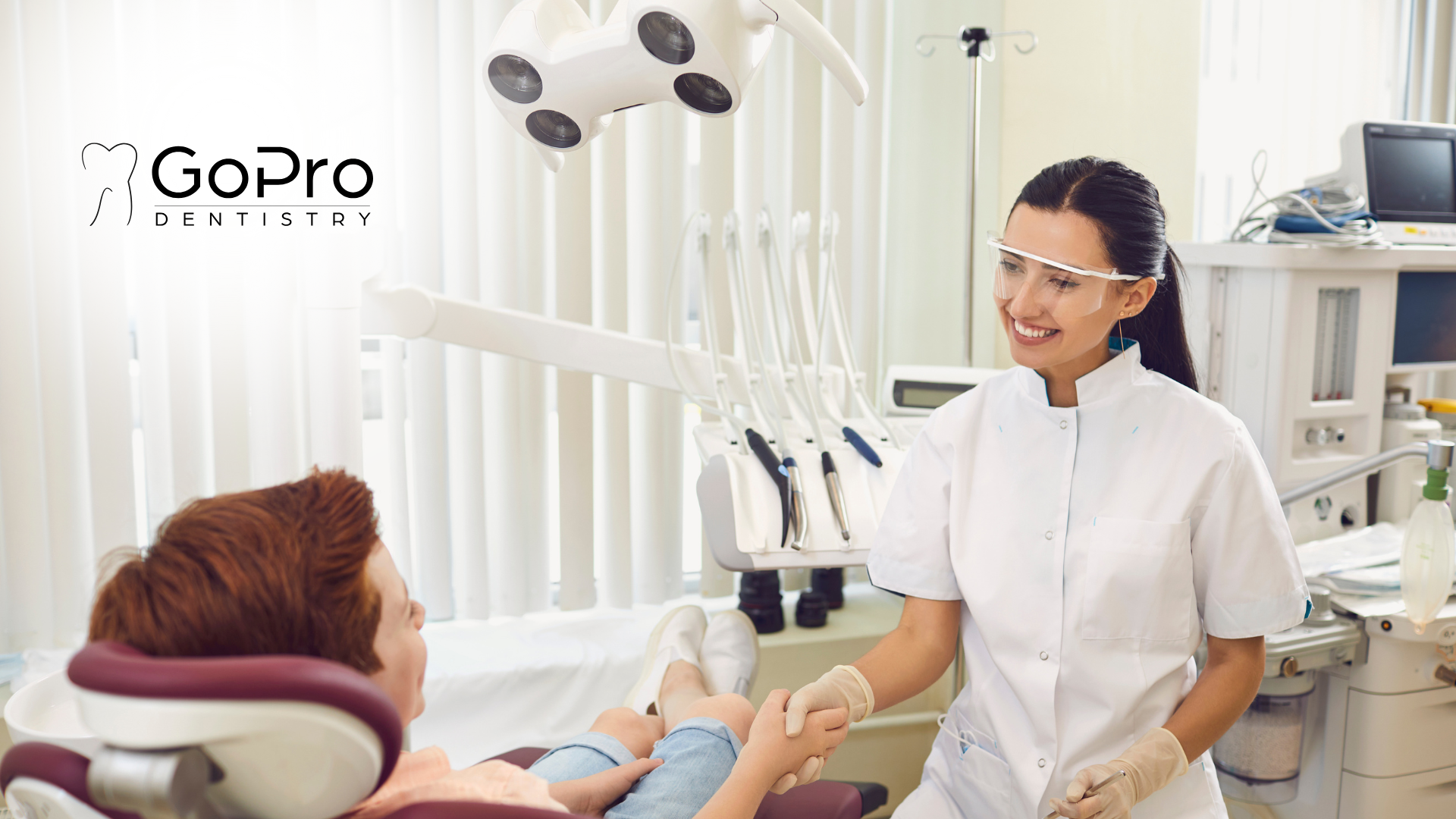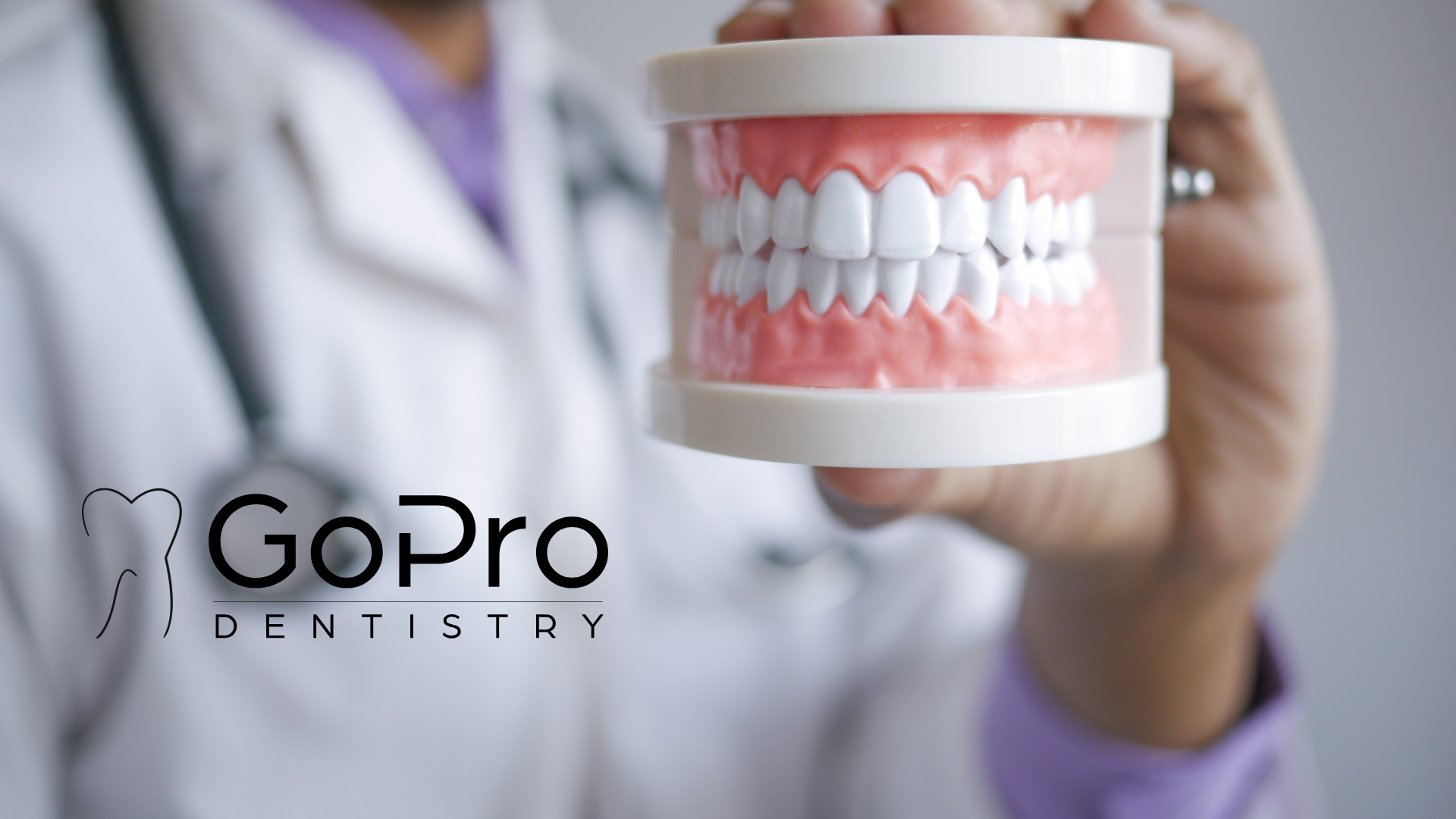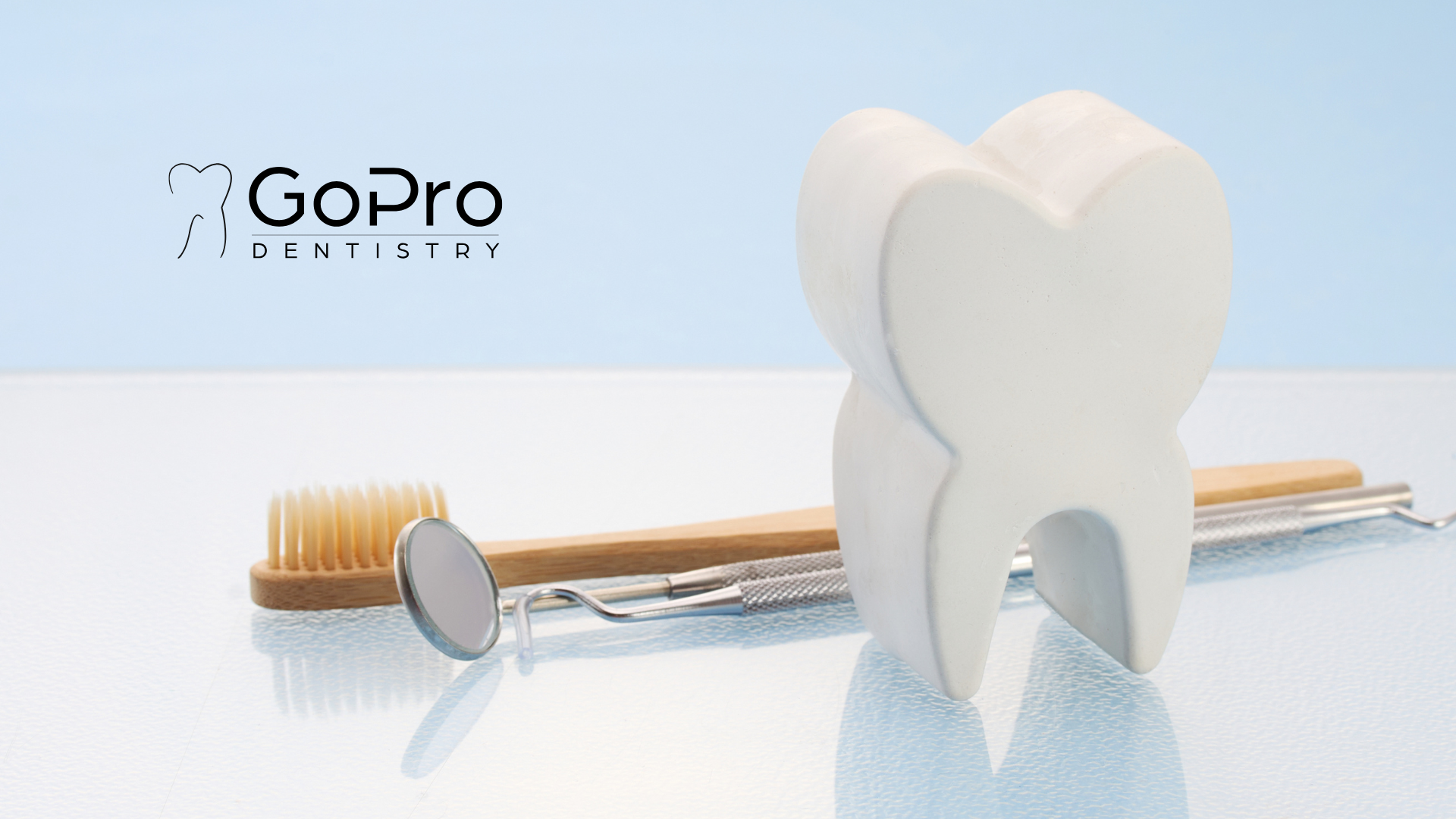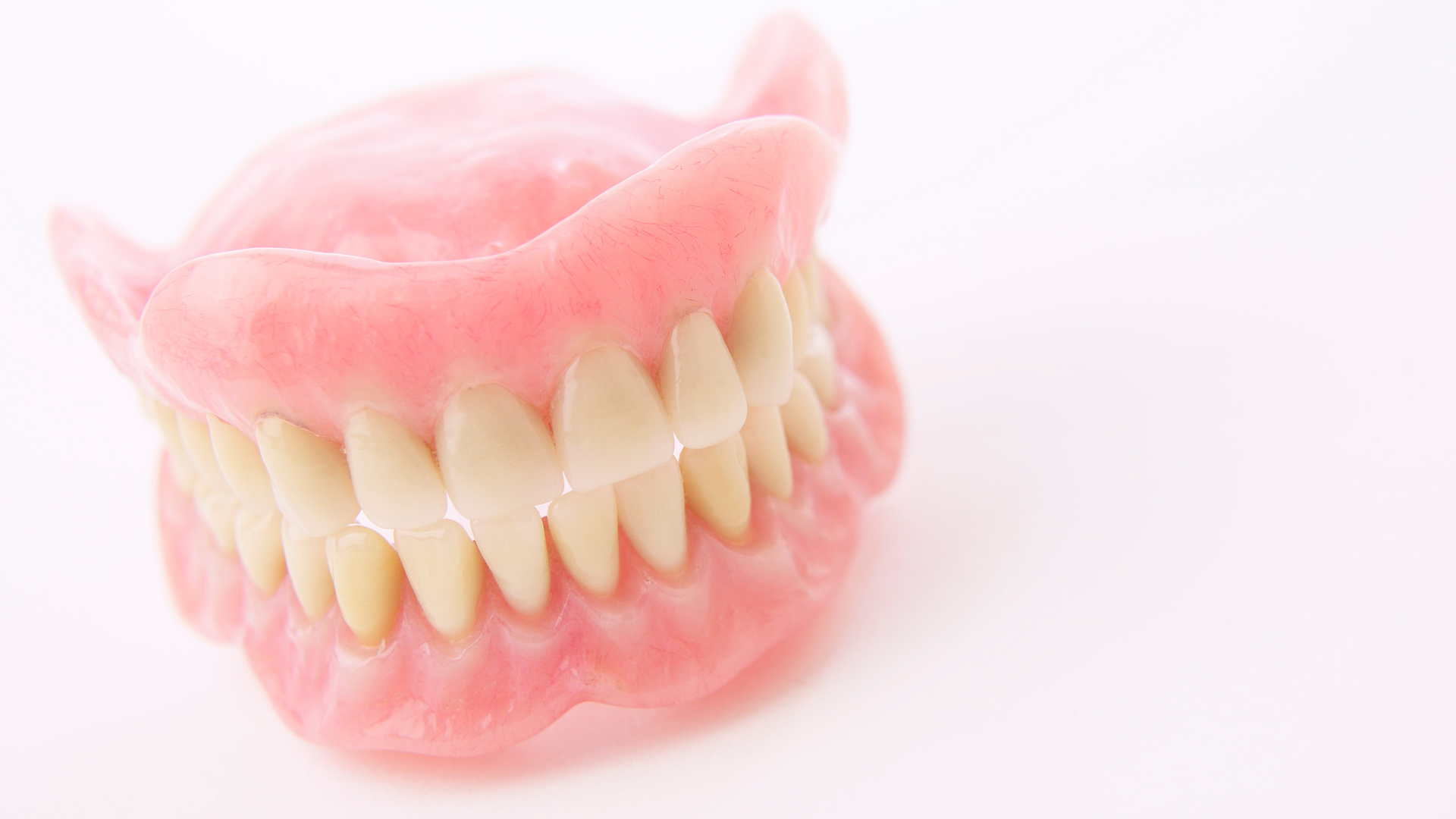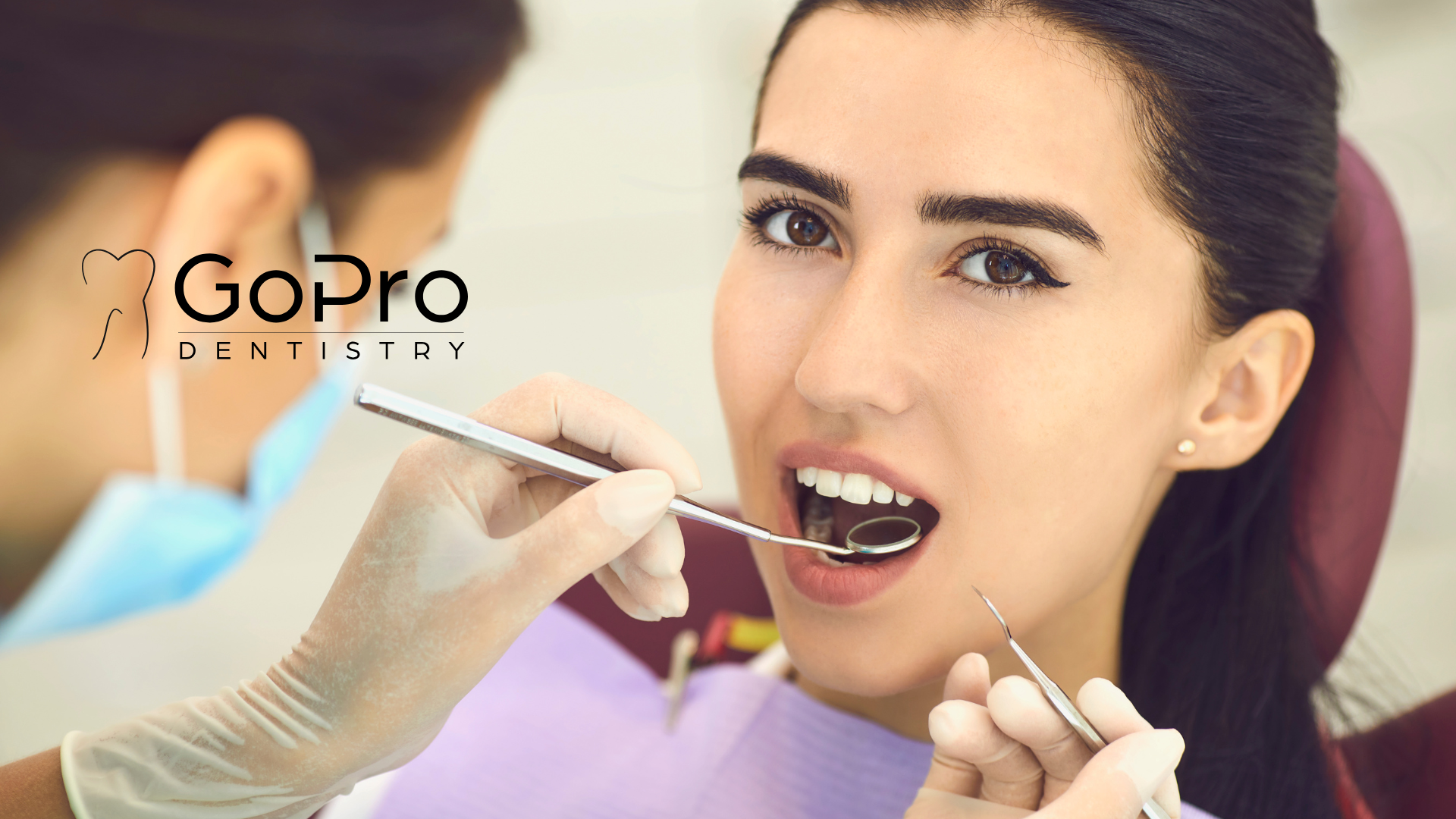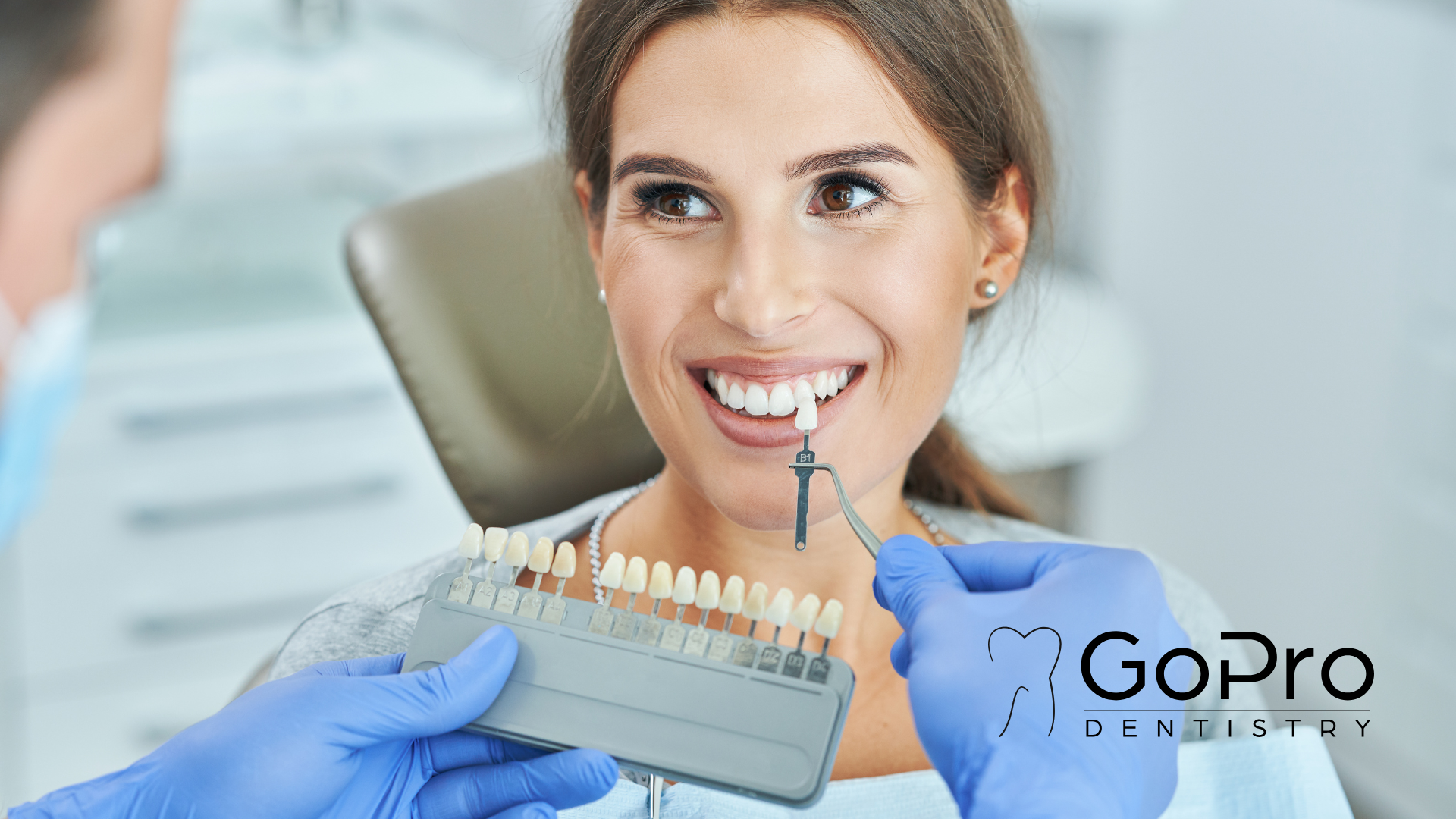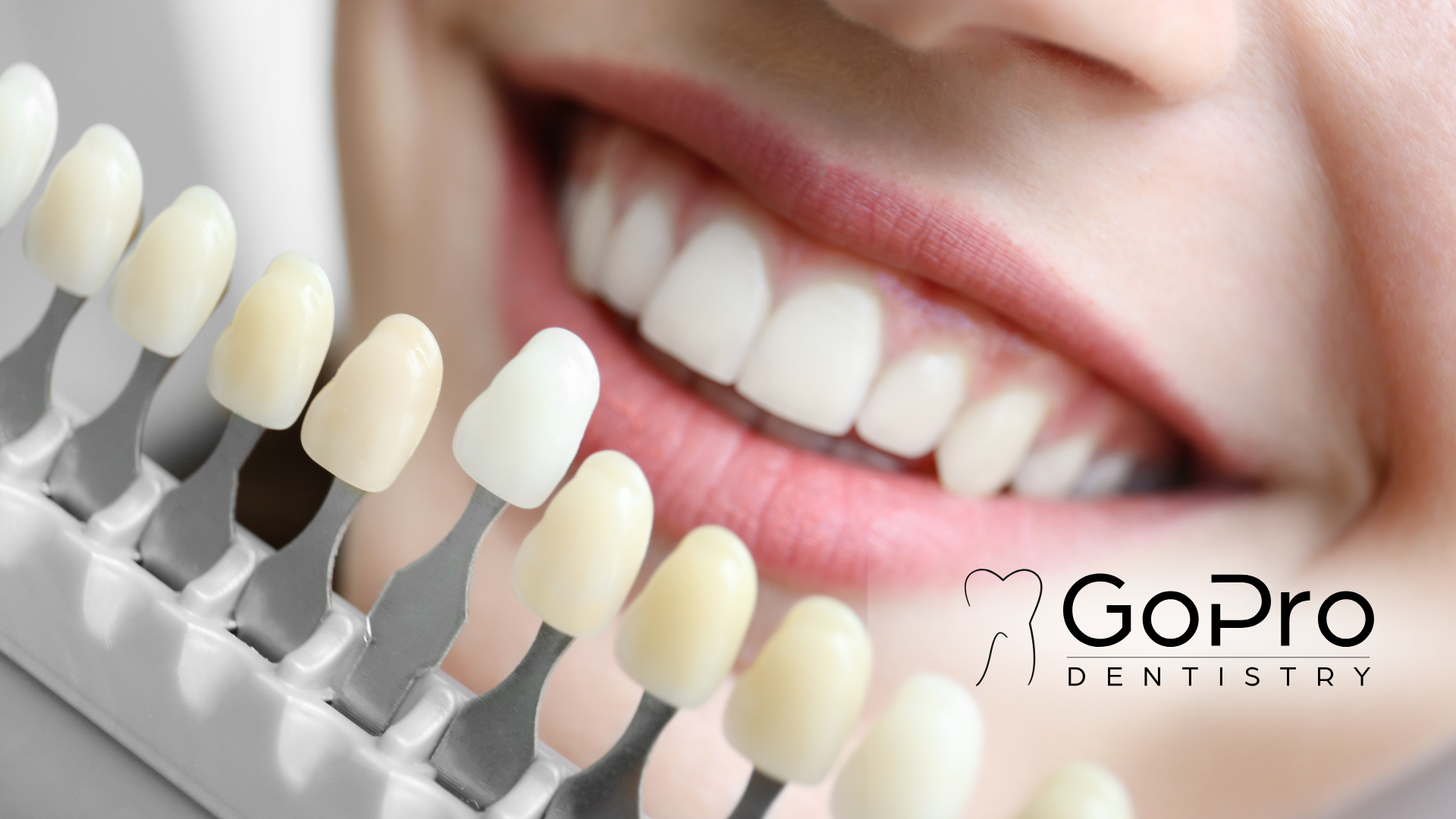DDS vs. DMD: What is the difference?
A DMD dentist, or Doctor of Medicine in Dentistry, maintains oral health and ensures that patients receive comprehensive dental care. This article delves into the educational path, roles, and responsibilities of a DMD dentist, as well as the specializations within the field. Additionally, it provides insights on choosing the right DMD dentist and highlights the importance of regular dental visits.
Key Takeaways
- A DMD dentist holds a Doctor of Medicine in Dentistry degree equivalent to a DDS (Doctor of Dental Surgery) degree.
- The educational path to becoming a DMD dentist includes undergraduate studies, dental school, and obtaining the necessary licensing and certification.
- DMD dentists are responsible for preventive care, diagnostic procedures, and various treatments, including surgeries.
- Specializations exist within the DMD field, such as orthodontics, periodontics, and oral and maxillofacial surgery.
- Technological advancements, like digital imaging and laser dentistry, are enhancing the effectiveness and efficiency of dental care.
Understanding the DMD Degree
Definition of DMD
The Doctor of Medicine in Dentistry (DMD) is one of the two primary degrees awarded to dental graduates in the United States. The DDS (Doctor of Dental Surgery) degrees are equivalent and accredited by the American Dental Association (ADA).
Why does the degree matter?
While the degrees themselves hold no difference in the scope of practice, understanding these acronyms can help demystify your choice in selecting a dental professional. Knowing that both a DMD and a DDS dentist can perform a wide range of dental procedures allows you to focus more on the qualifications of the individual dentist, their practice style, and how they interact with their patients.
At GoPro Dentistry, we pride ourselves on a team of highly skilled DMD and DDS dentists who are passionate about delivering comprehensive dental care tailored to the unique needs of each patient. Our practice utilizes the latest in dental technology and techniques to ensure the best possible outcomes for your oral health.
History of the DMD Degree
Harvard University first introduced the DMD degree in 1867. Harvard chose the Latin term 'Dentariae Medicinae Doctor' to emphasize the medical nature of dental education. Over time, many other dental schools adopted the DMD degree, although some still confer the DDS degree.
- Difference Between DMD and DDS
- Educational Curriculum: The DMD and DDS programs have identical curricula, which include courses in anatomy, physiology, and clinical practice.
- Accreditation: Both degrees are accredited by the ADA and recognized as equivalent.
- Title Preference: The choice between DMD and DDS often depends on the university's tradition and preference.
Understanding the nuances between DMD and DDS can help patients make informed decisions when choosing a dental professional.
Educational Path to Becoming a DMD Dentist
Undergraduate Requirements
To become a DMD dentist, aspiring students must first complete their undergraduate education. A strong foundation in sciences such as biology, chemistry, and physics is essential. Many students choose to major in pre-dentistry or related fields to meet the prerequisites for dental school.
Dental School Curriculum
Once admitted to dental school, students undergo a rigorous curriculum that spans four years. The first two years typically focus on basic sciences and preclinical studies, while the final two years emphasize clinical practice. Key areas of study include:
- Anatomy
- Biochemistry
- Pharmacology
- Dental materials
- Clinical procedures
Licensing and Certification
After completing dental school, graduates must obtain licensure to practice as DMD dentists. This involves passing both written and clinical exams. Additionally, some states may have specific requirements or additional certifications. Continuous education is crucial to maintaining licensure and staying updated with advancements in the field.
The path to becoming a DMD dentist is demanding but rewarding. It requires dedication, perseverance, and a commitment to lifelong learning.
Roles and Responsibilities of a DMD Dentist
Preventive Care
DMD dentists play a crucial role in preventive care, focusing on maintaining oral health and preventing dental issues before they arise. Regular check-ups and cleanings are essential to remove plaque and tartar, which can lead to cavities and gum disease. They also educate patients on proper oral hygiene practices, such as brushing and flossing techniques.
Diagnostic Procedures
DMD dentists are skilled in diagnosing various dental conditions through comprehensive examinations and advanced diagnostic tools. These procedures include X-rays, oral cancer screenings, and periodontal assessments. Early detection of dental problems is vital for effective treatment and better outcomes.
Treatment and Surgery
When dental issues are identified, DMD dentists provide a range of treatments to address them. These can include fillings, root canals, crowns, and extractions. For more complex cases, they may perform surgical procedures such as dental implants or corrective jaw surgery. Their expertise ensures that patients receive the appropriate care for their specific needs.
Regular visits to a DMD dentist can significantly improve your oral health and prevent serious dental problems.
Specializations Within the DMD Field
Orthodontics
Orthodontics focuses on diagnosing, preventing, and treating dental and facial irregularities. Orthodontists often use braces, aligners, and other appliances to correct misaligned teeth and jaws. This specialization aims to improve both function and appearance.
Periodontics
Periodontics is the branch of dentistry that deals with the structures supporting the teeth, including gums and bones. Periodontists treat gum disease and perform scaling, root planing, and dental implants. They play a crucial role in maintaining oral health.
Oral and Maxillofacial Surgery
Oral and Maxillofacial Surgery involves surgical procedures related to the mouth, jaw, and face. This can include anything from tooth extractions to complex reconstructive surgeries. Oral surgeons are trained to handle trauma, congenital defects, and other complex conditions.
Choosing a specialization within the DMD field allows dentists to focus on specific areas of interest and expertise, providing targeted patient care.
Choosing the Right DMD Dentist
Evaluating Credentials
When choosing a DMD dentist, it's crucial to evaluate their credentials. Ensure they have the necessary educational background and certifications. Look for memberships in professional organizations, such as the American Dental Association (ADA).
Patient Reviews and Testimonials
Patient reviews and testimonials can provide valuable insights into a dentist's practice. Check online reviews and ask for recommendations from friends and family. A well-reviewed cosmetic dentist in Riverside can significantly impact your dental care experience.
Consultation Process
The consultation process is an essential step in choosing the right dentist. During the consultation, discuss your dental needs and concerns. A good dentist in Riverside will take the time to explain treatment options and answer any questions you may have.
Choosing the right DMD dentist involves careful consideration of their credentials, patient reviews, and the consultation process. Taking these steps can help ensure you receive the best possible dental care.
Technological Advancements in Dentistry
Digital Imaging
Digital imaging has revolutionized the way dentists diagnose and plan treatments. High-resolution images allow for more accurate assessments and better patient outcomes. Techniques such as 3D imaging and digital X-rays reduce radiation exposure and provide detailed views of dental structures.
Laser Dentistry
Laser dentistry offers a minimally invasive option for various dental procedures. It reduces the need for drills and scalpels, leading to less discomfort and quicker recovery times. Common applications include cavity treatment, gum surgery, and teeth whitening.
Tele-dentistry
Tele-dentistry is transforming how dental care is delivered, especially in remote areas. It enables virtual consultations, follow-ups, and even some diagnostic services. This technology ensures that more people have access to dental care, regardless of their location.
Integrating technologies like GoPro Dentistry allows for enhanced patient education and better documentation of procedures.
The Importance of Regular Dental Visits
Preventing Dental Issues
Regular dental visits are crucial for maintaining optimal oral health. Routine check-ups help prevent dental issues such as cavities, gum disease, and enamel wear. Dentists can provide professional cleanings that remove plaque and tartar buildup, which are not easily removed by regular brushing and flossing.
Early Detection of Problems
Early detection of dental problems can prevent more extensive and costly treatments in the future. Dentists can identify early signs of issues like oral cancer, tooth decay, and gum disease during regular visits. This proactive approach allows for timely intervention and better outcomes.
Maintaining Oral Health
Maintaining oral health is not just about having a bright smile; it is also about overall health. Regular dental visits ensure that your teeth and gums are healthy, which can prevent other health issues such as heart disease and diabetes. Dentists can also provide personalized advice on maintaining good oral hygiene at home.
Regular dental visits are an investment in your long-term health and well-being. Prioritizing these appointments can lead to a healthier, happier life.
Frequently Asked Questions
What does DMD stand for?
DMD stands for Doctor of Medicine in Dentistry or Doctor of Dental Medicine.
How is a DMD different from a DDS?
DMD and DDS are essentially equivalent degrees; the difference lies in the name and the institution that grants the degree.
What are the educational requirements for becoming a DMD dentist?
To become a DMD dentist, one must complete an undergraduate degree, followed by a four-year dental school program, and obtain licensing and certification.
What specializations can a DMD dentist pursue?
A DMD dentist can specialize in orthodontics, periodontics, and oral and maxillofacial surgery.
What should I look for when choosing a DMD dentist?
When choosing a DMD dentist, consider evaluating their credentials, reading patient reviews and testimonials, and scheduling a consultation to discuss your needs.
How often should I visit a DMD dentist for regular check-ups?
It is generally recommended to visit a DMD dentist every six months for regular check-ups and preventive care.
